
Setting Sail for the 2020 Olympic Games
You can hear the waves and feel the energy of the sea. The boat is moving fast. You feel like you’re flying. You feel absolutely free.
Hear Greek athletes Rafailina Klonaridou and Maria Bozi talk about what sailing feels like, and you’ll be ready to climb aboard their boat, set sail, and fly off with them. It’s difficult not to be swept up by the passion, strength, and persistence of the sailors, who have qualified to compete in the 470 sailing class at the 2020 Olympic Games in Tokyo.
Eight months out from the Olympics, Maria and Rafalina’s days flow by rhythmically, like waves. Daily training at sea, then more training at the gym, then back home to sleep before starting all over again the next day. The routine is interrupted only by tournaments in Greece and abroad. Sailing may be a graceful, even poetic sport, but it requires the same grueling training as any other sport at the championship level.
“You have to become one with nature, your boat, and your partner. In addition to being physically demanding, it requires mental alertness. You need to be able to decipher the sea, the sound the waves make against the boat, to understand the direction and the intensity of the wind,” says Maria.
Maria, 24, and Rafailina, 25, both got hooked on sailing at clubs in Thessaloniki when they were young. They started out as opponents, but since 2015 they have shared a boat, competing against other teams, against the elements, and against their own limits. Having won many distinctions in international competition, they reached the long-awaited qualifiers for the Olympics in 2018 at the Sailing World Championships in Aarhus, Denmark, where they ranked among the top 10 crews in the world.
The wind hasn’t always been at their backs. Two years ago, the young athletes faced serious financial difficulties and were close to abandoning their quest for the gold. “If we could not find the budget, our thinking was: if we cannot do this well, we might as well not do it at all,” said Rafailina.
With support from the Stavros Niarchos Foundation (SNF), a major donor to the Greek Olympic team, Maria and Rafailina are now able to focus on their next goal: the 2020 Olympic Games.
As one of the most important possible milestones in any champion’s career becomes ever more visible on the horizon, Maria and Rafailina focus on steady, incremental progress. “Every day, we set small goals. We strive to become better day by day. And at the of the day, the satisfaction of being able to be where you want to be adds value to the entire journey,” said Maria.
Athletes from Greece’s National Rowing Federation, also supported by SNF in their dream of winning an Olympic medal, are set to ply the waters at this year’s Olympic Games in Japan too.
Current support for the National Rowing Federation and the women’s 470 sailing team represent the continuation of a longstanding focus for SNF. Since its inception in 1996, SNF has supported a number of nautical clubs around Greece in an effort to promote water sports, including sailing programs for people with disabilities.
SNF has provided past support to other athletes in their preparation for the Olympic Games. The Foundation supported, over two years, the preparation of the national men’s and women’s sailing teams for the 2004 Olympic and Paralympic Games in Athens, as well as that of athletes Sofia Bekatorou and Emilia Tsoulfa, who won the gold medal in 470 class sailing in 2004.
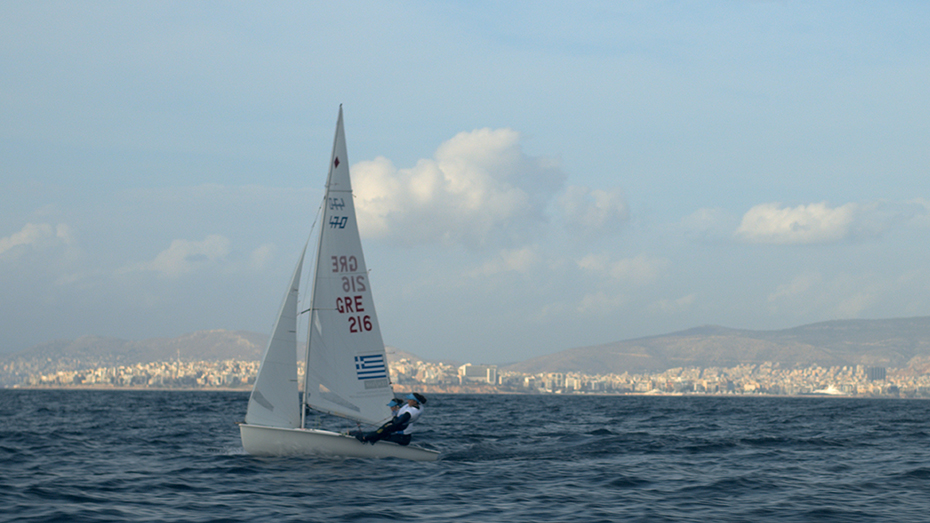
Source: SNF
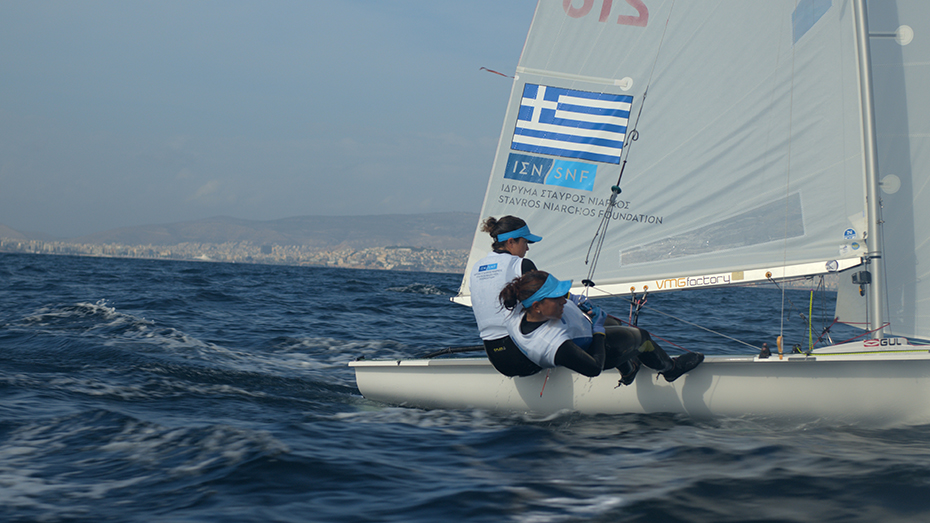
Source: SNF
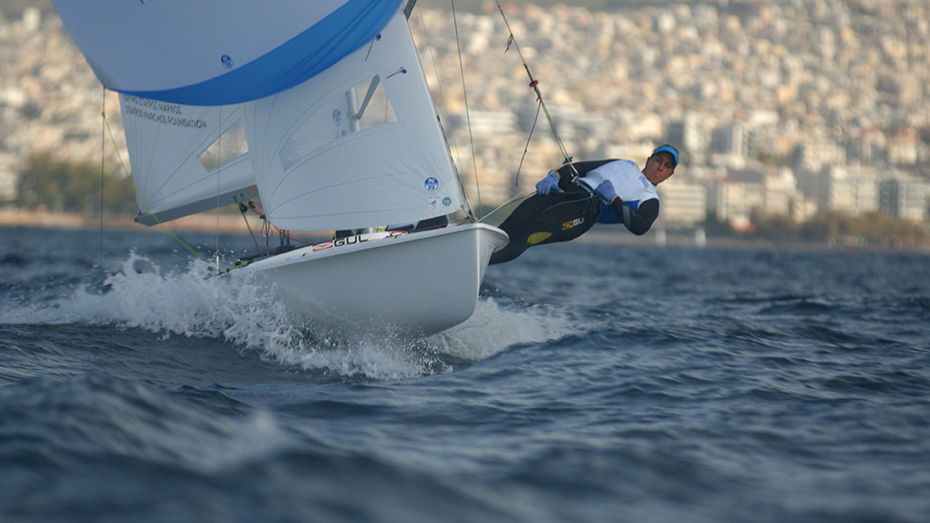
Source: SNF
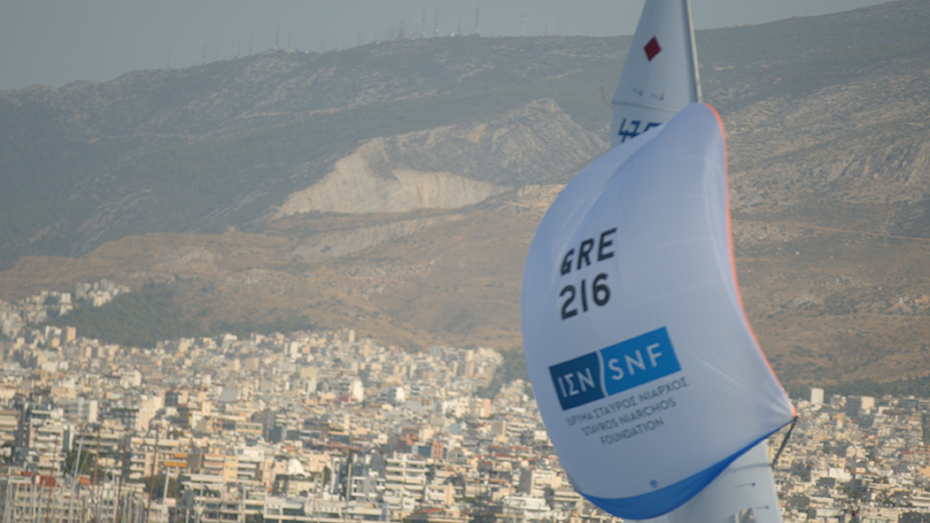
Source: SNF
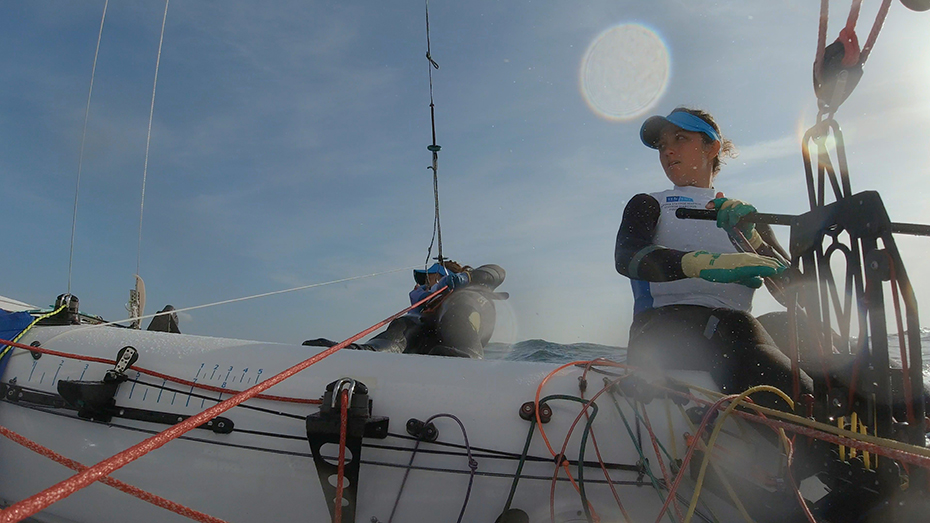
Source: SNF
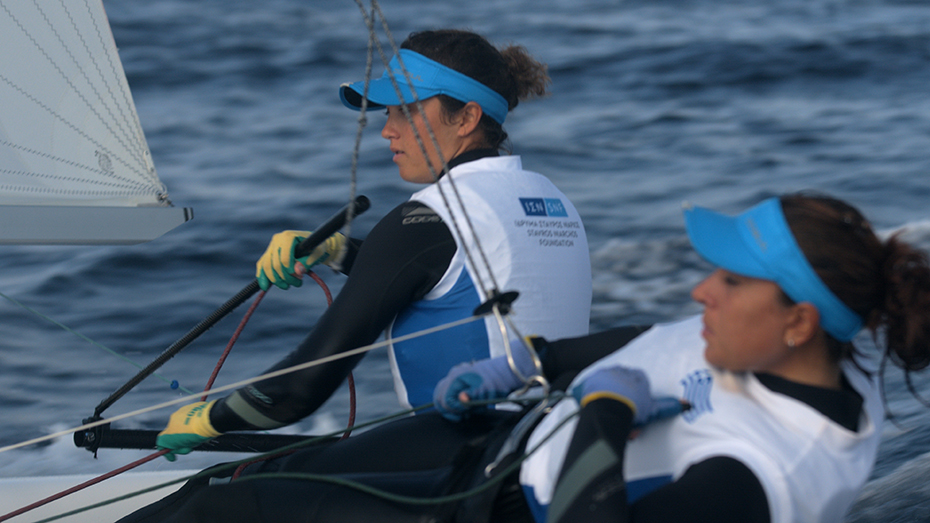
Source: SNF
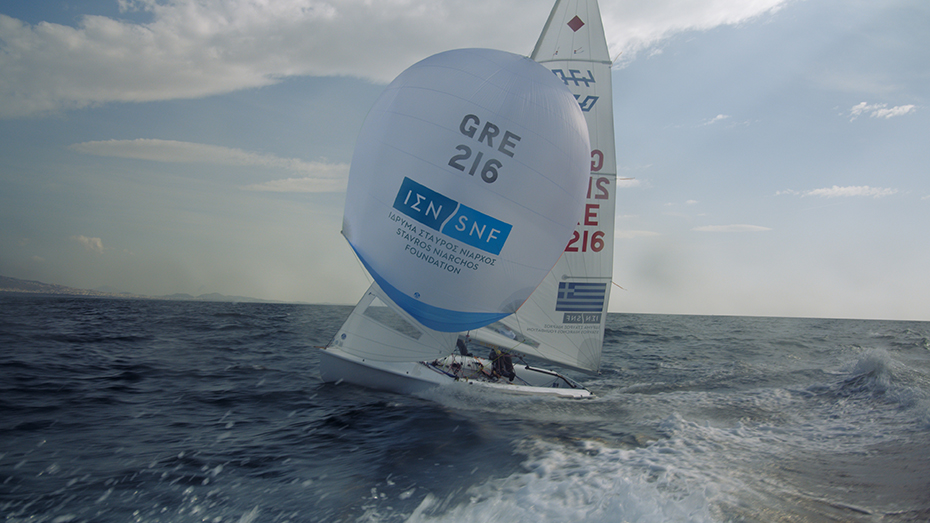
Source: SNF
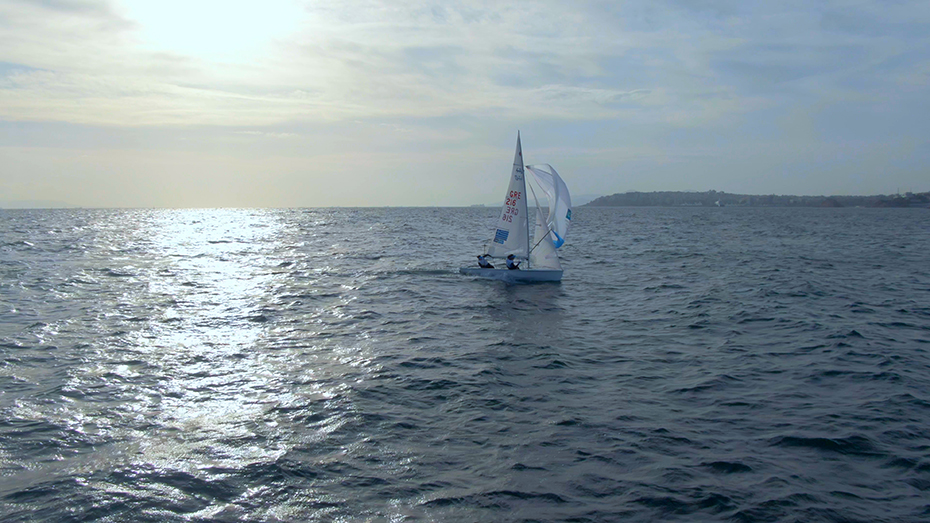
Source: SNF
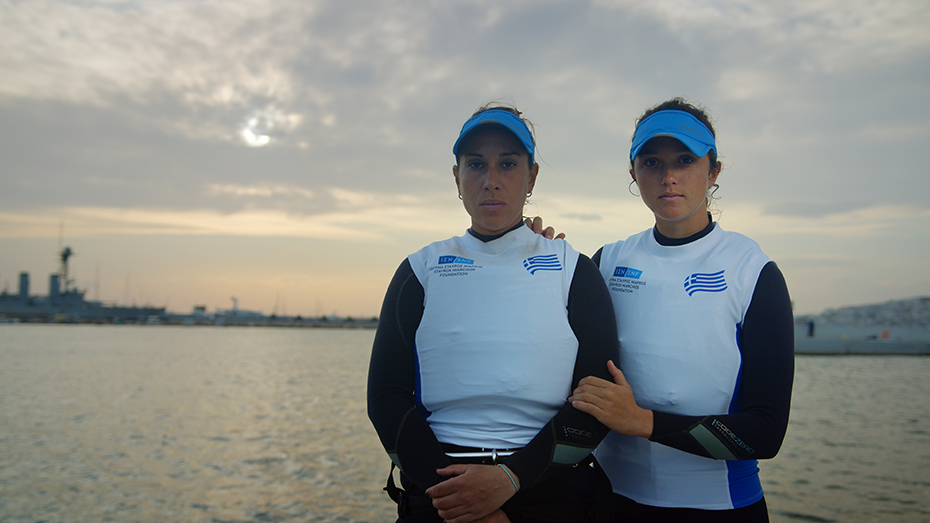
Source: SNF